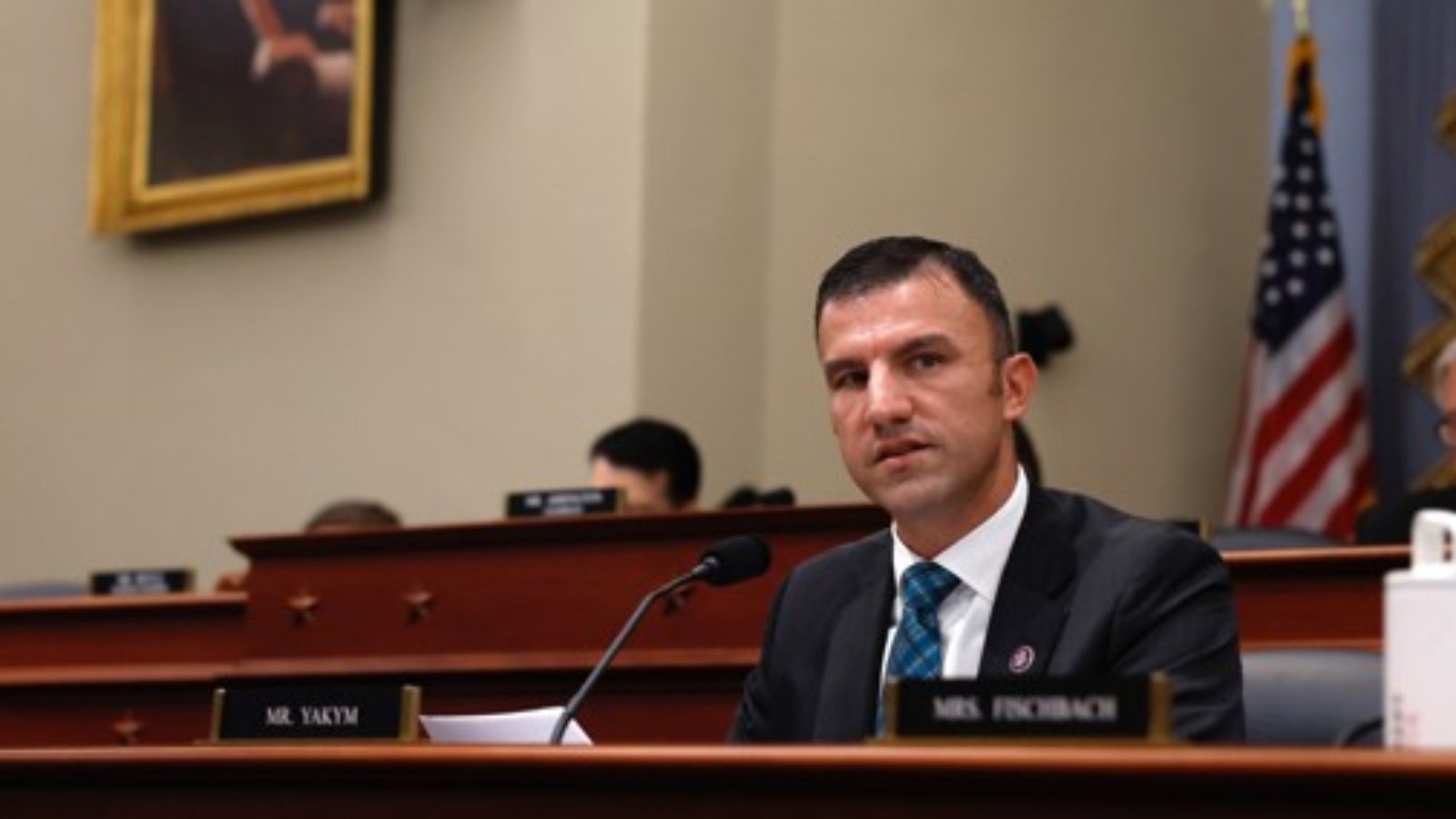A new bill plans to upgrade the Veterans Affairs Department’s Patient Advocacy Program into an independent office that both supports veterans and recommends which policies could improve the department’s care operations.
The National Veterans’ Advocate Act (HR 9996) — sponsored by Rep. Rudy Yakym, R-Ind.— would stand up a new VA Office of the National Veterans’ Advocate, carved out from the Veterans Health Administration’s Office of Patient Advocacy, and give it the power to report directly to Congress its assessments of where the quality of veterans’ health care and benefits could be made better, as well as more cost-efficient.
“Unfortunately, in a system as large and complex as the VA it can be difficult navigating all the bureaucratic layers, let alone find solutions to make sure the VA runs better to begin with. This often leaves veterans without timely access to the quality care they need and have earned,” said Yakym in a statement.
“By establishing an independent office within the VA devoted to coming up with ways to improve it, we can make the agency more efficient, prevent veterans’ healthcare crises before they emerge and, ultimately, better serve the men and women who served our nation in uniform.”
Under the proposal, the new office would be independent of the VA secretary, have its own appropriations and would not share its quarterly findings with the department until after it submitted them to the relevant congressional committees, modeled after collaboration between the Office of the National Taxpayer Advocate and the IRS.
Currently, the Office of Patient Advocacy provides patient advocates at VA medical facilities to respond to veterans’ feedback and concerns and work with department personnel to help find solutions.
The office would retain those roles under Yakym’s bill, alongside the new office’s expanded mission. The legislation also proposes appropriating $25 million a year to fund the office through fiscal 2025-2029.
The bill has been referred to the House Committee on Veterans’ Affairs.



Add a Comment